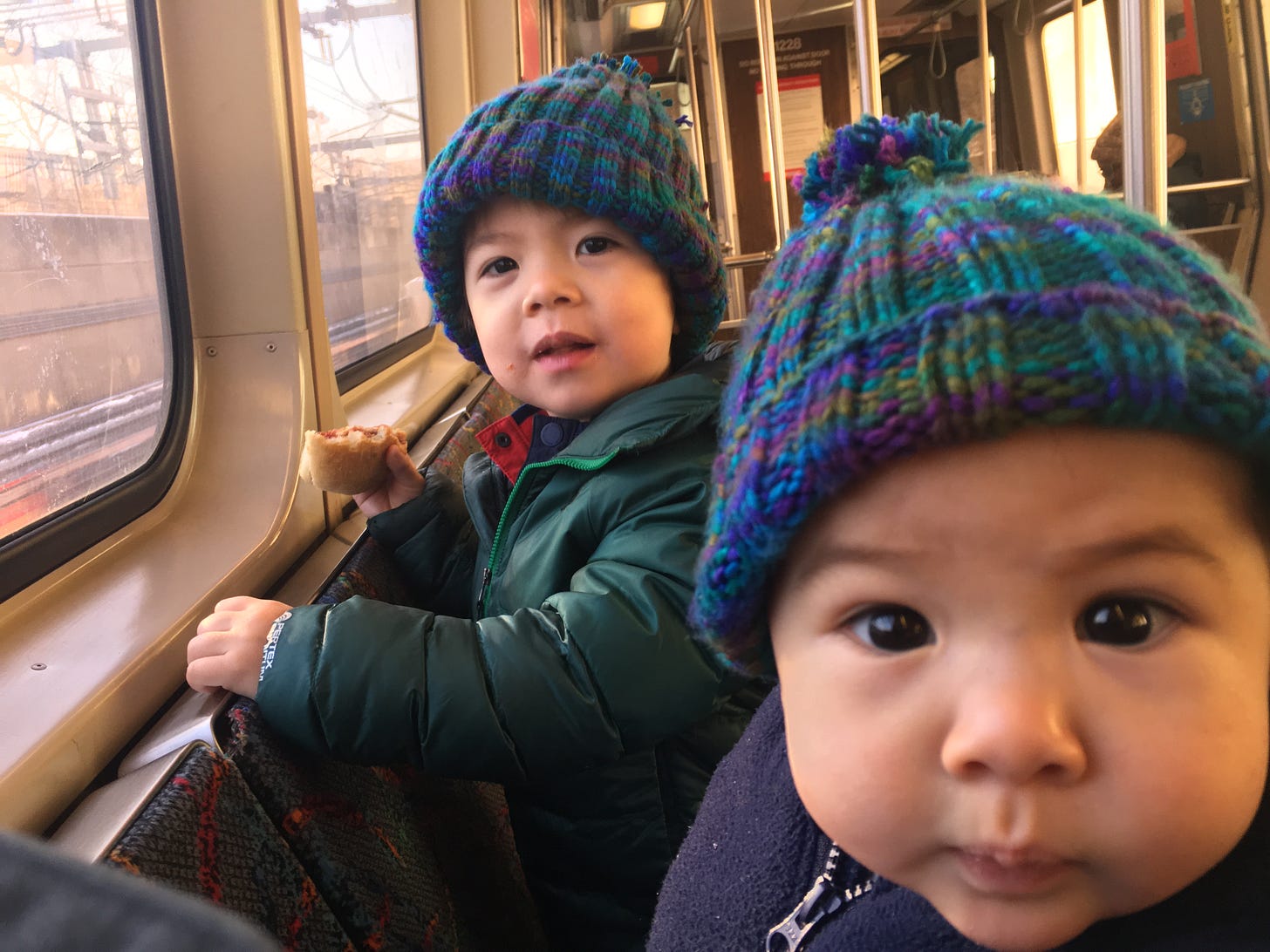
Anyone who’s a regular public transit rider knows that reliability and frequency of service affect much more than just your schedule—especially if you’ve had to commute with kids! It’s the visceral tightening of your whole body as you walk into the station, bracing for delays on the countdown clock; hard-earned personal and family time eaten up by the commute, stress so enduring that it pushes you to rearrange your day or entirely rethink job options and living situations.
As remote work has reshaped cities and downtowns everywhere, the MBTA will make or break our regional economic vitality—and determine the fate of all our goals in Boston to connect housing, health, education, jobs, and community.
And yet the City of Boston never had a direct role in the governance of the MBTA…until now! After years of advocacy and organizing, Boston finally has a designated seat on the MBTA board through a provision in the state budget approved by the Legislature and Governor. And we’ve opened a public call for ideas and nominations to choose our board member!
We’re looking for a Boston resident and T rider to help represent Boston’s needs and agenda in the governance of the MBTA. It’s a four-year volunteer position with several board meetings or subcommittee meetings each month. The next MBTA Board meeting is this Thursday, August 24th, so I’ll attend that one while we collect nominations, then hope to have our official board member sworn in by the next meeting on Thursday, September 28th.
When I was first elected to the City Council a decade ago, the City of Boston didn’t have much involvement with public transportation, which was seen as the state’s problem. But as the economic hub of New England, Boston knows that the T’s problems become our residents’ and workers’ problems. The City has since dedicated staffing and infrastructure dollars to working directly with the MBTA in the many places where City government can shape public transit access and quality: dedicated bus lanes, fare-free transit, and long-term planning.
Our MBTA Board representative will deepen our partnership and accelerate our efforts to create a transportation ecosystem that works for everyone—one with a great transit system and streets that are great for transit. We need collaboration to deliver gold-standard rapid transit bus service to match the new infrastructure on Blue Hill Ave; an expansion of the Silver Line to better serve Charlestown on Rutherford Ave connecting to Kendall Square; bus network improvements to bring direct transit service that the patients and workers in Longwood Medical Area deserve. And we need to move faster on improving bus service and reliability on every street in Boston, connecting the Red and Blue Lines to make thousands of regional trips per week faster by subway than by car, and electrifying the Fairmount Commuter Rail Line to transform our current diesel commuter rail trains into fast and frequent regional rail. And more.
So, if you’re interested in helping shape the future of a safe, affordable, reliable, and sustainable MBTA—we want to hear from you! Fill out an interest form at this link by Tuesday, September 5th.




My God the censorship on this site is unbelievable. Commissar Wu removes unflattering opinions that show how the constituents feel. Apparently we can’t criticize Ricardo Arroyo (ethics) or Kendra Lara (driving school).